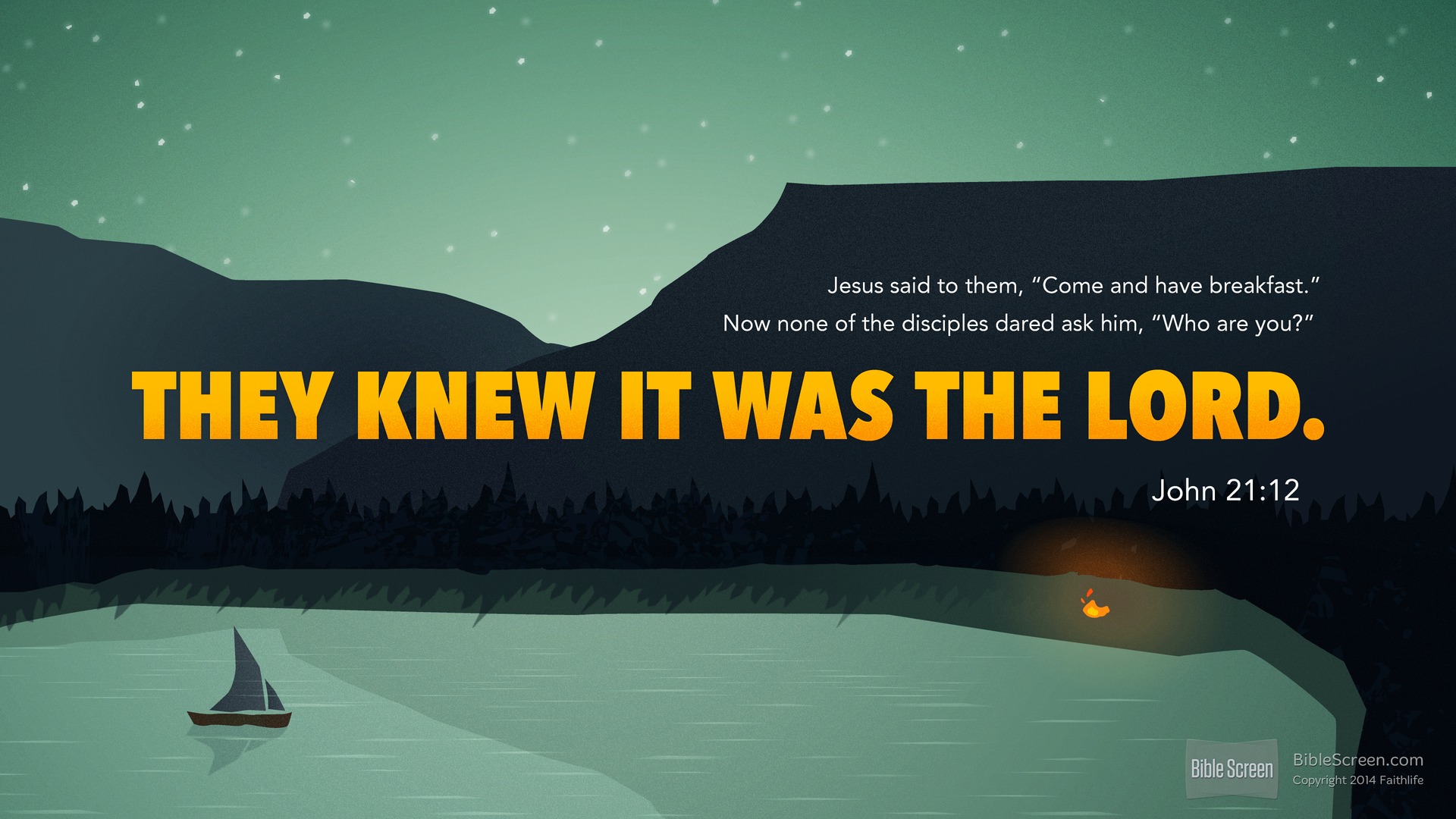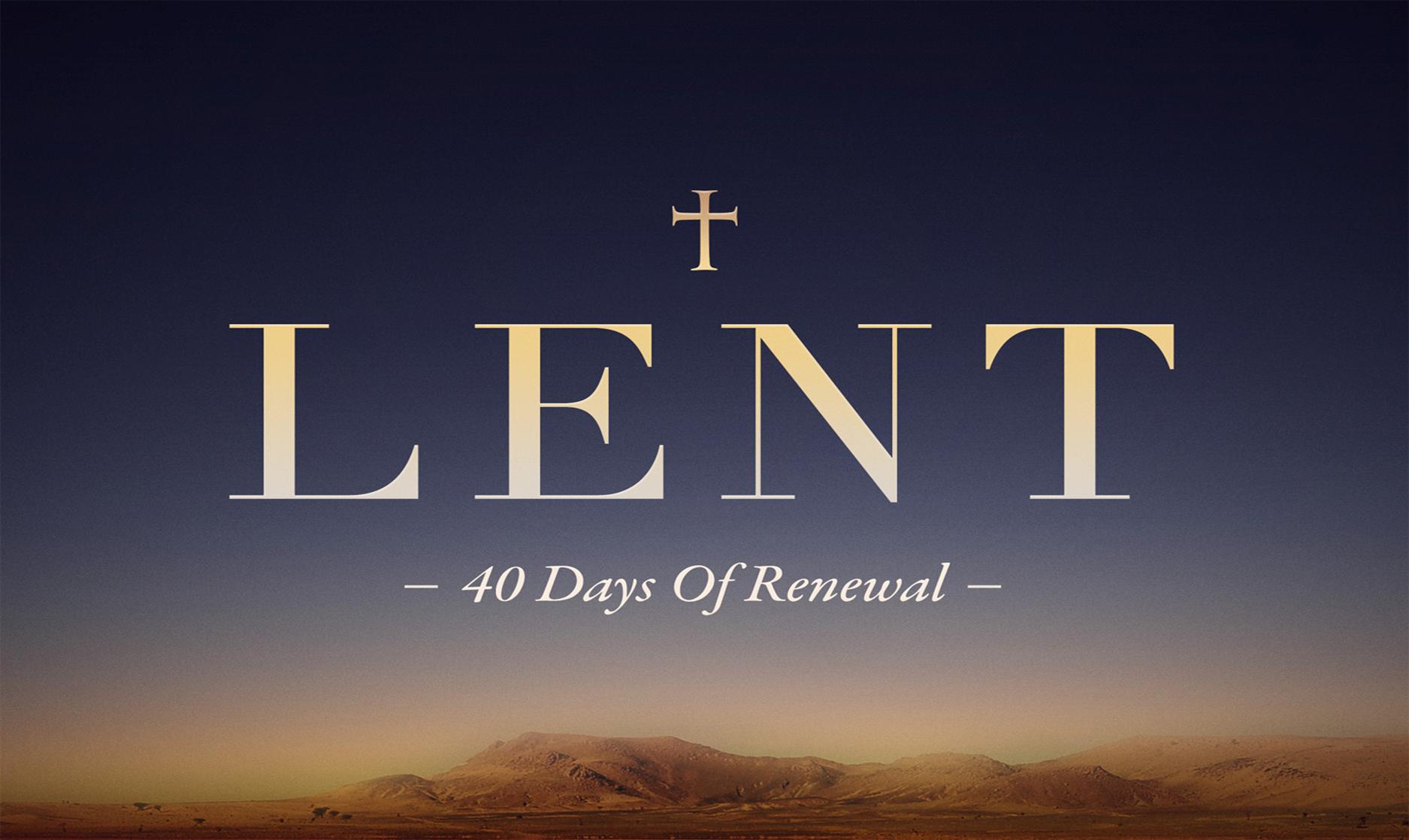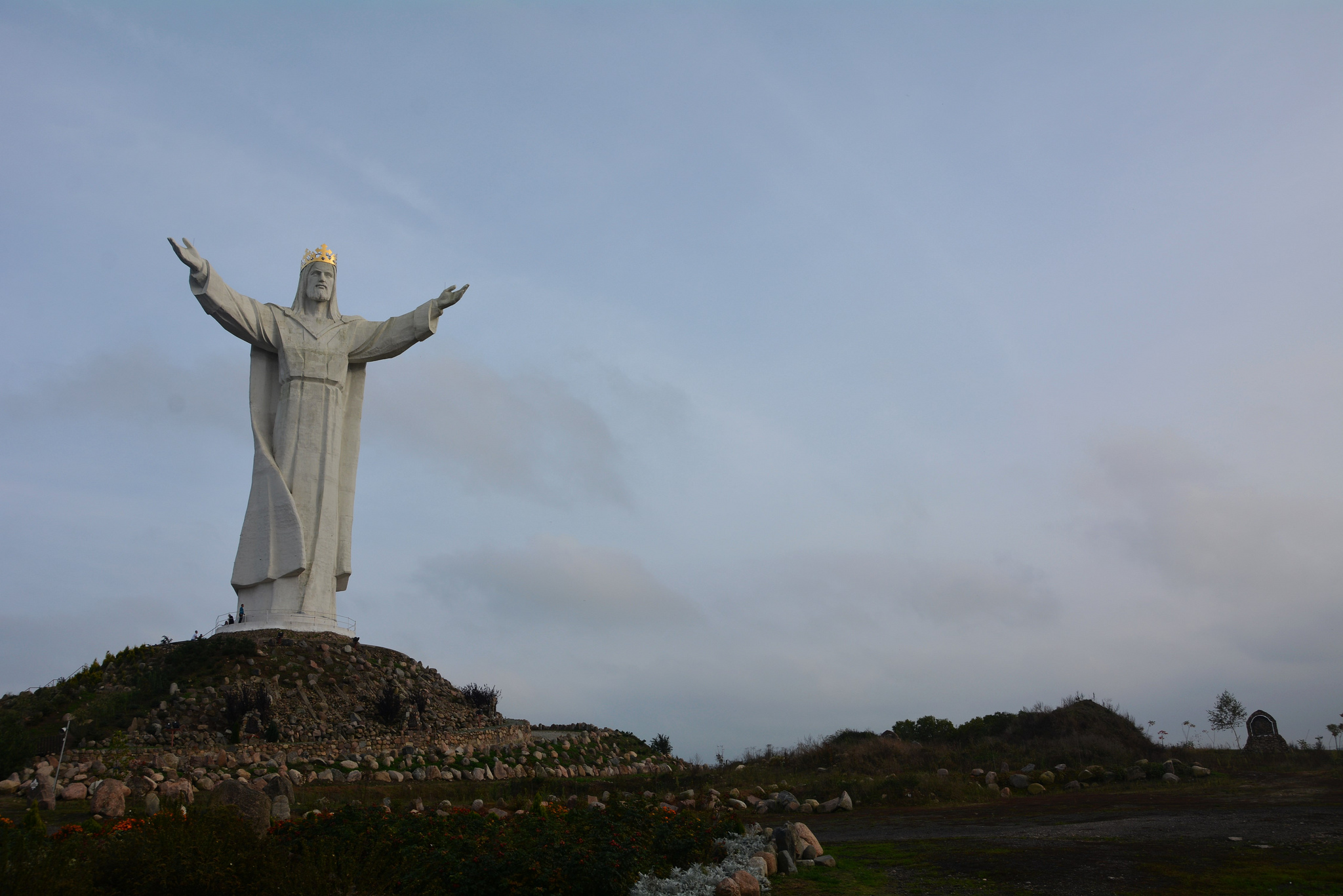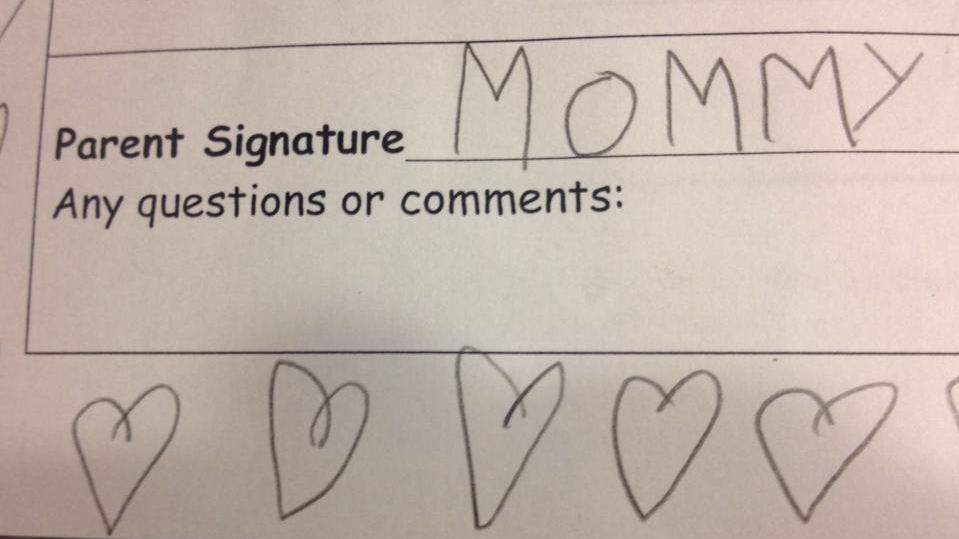
“Sunday Scriptures” is a series of posts explaining the Sunday Mass readings – helpful for those preparing to worship, or preparing a homily!
In this Sunday’s Second Reading we hear:
We ask you, brothers and sisters, with regard to the coming of our Lord Jesus Christ
and our assembling with him, not to be shaken out of your minds suddenly, or to be alarmed either by a “spirit,” or by an oral statement, or by a letter allegedly from us to the effect that the day of the Lord is at hand.
– 2 Thessalonians 2:1-2
Paul wrote this because some people in the first-century Thessalonian church were absolutely obsessed with the Second Coming of Jesus – so much so that they had even quit their jobs! They expected Jesus’ imminent return to earth, with the final judgment to ensue (this is what “the day of the Lord” means in the Bible).
This had the effect of greatly upsetting other members of the congregation, who were, as Paul writes, both “shaken” and “alarmed”. To top it all off, the false teachers were claiming they were inspired by a “spirit” about these things. Some even claimed that Paul himself had taught this – hence the reference to an alleged “statement” from Paul. They even went so far as to forge a letter from Paul to this effect!
Paul goes on in the letter to set things straight about what must occur before the Second Coming. First, the mysterious “man of lawlessness” must be revealed – a figure identified with the Antichrist (2 Thess 2:3-12; for much more on this see CCC 668-79).
Paul also teaches believers how to live in the meantime. Specifically, they should heed Paul’s advice in his earlier letter to them (known as 1 Thessalonians). He warns them to stop being freeloaders, spending all their time gossiping, and tells them to get to work (see 2 Thess 3:6-14). Paul himself had set them a great example while he was with them. Rather than accepting money from the congregation for his apostolic endeavours (though he had every right to), he diligently worked “night and day” at his outside job (tentmaking) to provide for his own needs and those of others (2 Thess 3:8). In so doing Paul gives witness that one of the best ways to prepare for the afterlife is not to idly speculate about it, but to work diligently and live virtuously in this world.


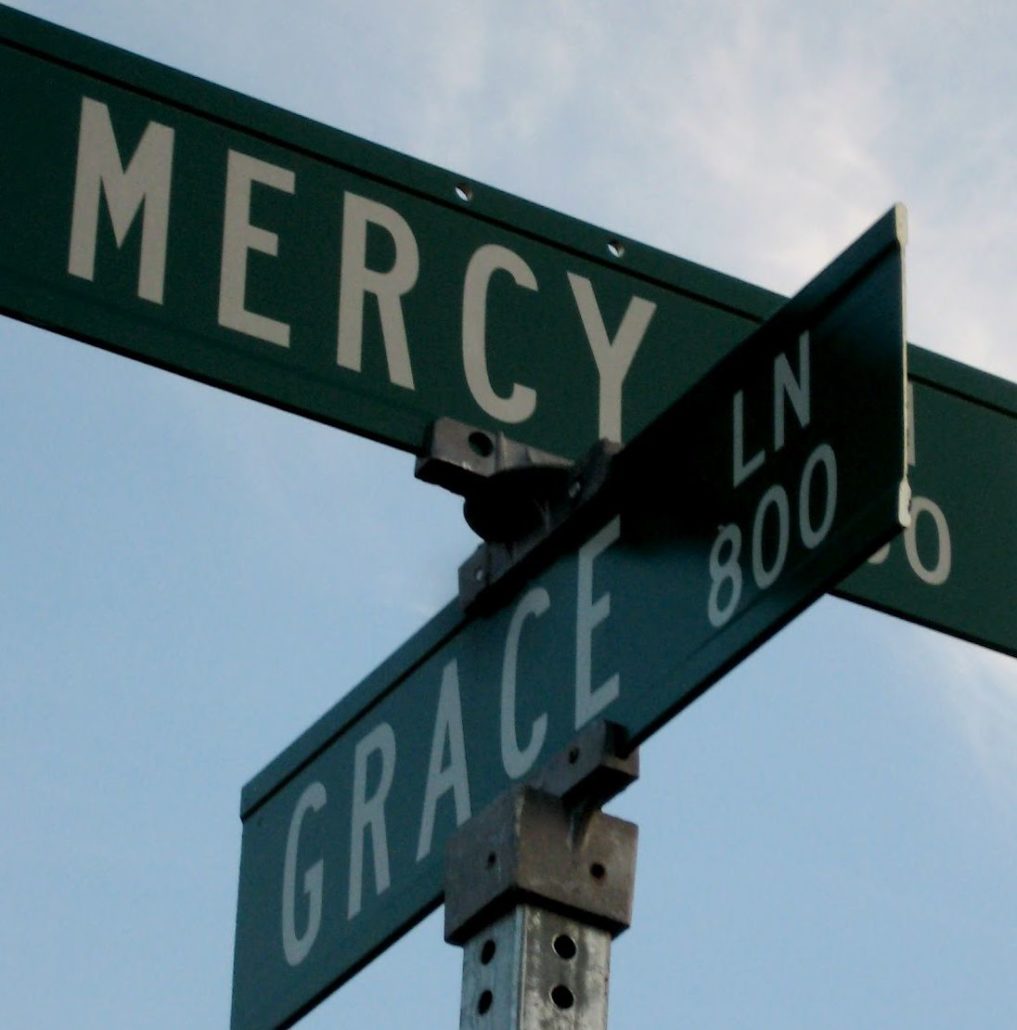
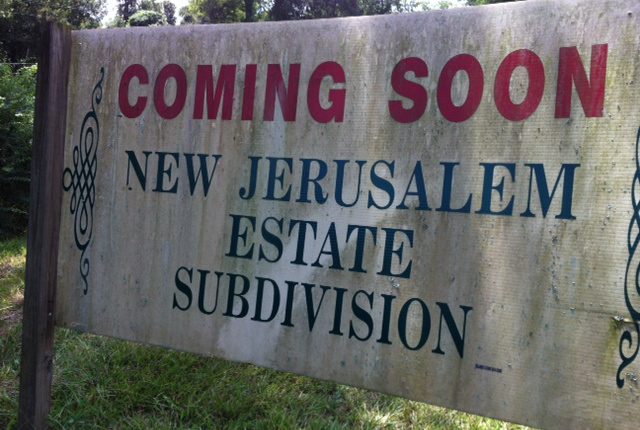 Today’s Second Reading from the Mass for the Sixth Sunday of Easter comes to us from the book of Revelation. In chapters 21-22, the last two chapters of the book, we see “New Jerusalem” (Rev 21:2) being established. Here in the “new world”, we have cities like New York, which corresponds to the old city of York in the British Empire. Likewise, there is need of a New Jerusalem for another “new world”. This new world is the new creation God will establish at the eschaton, at the end of time. Heaven will unite with earth. As we read today, the New Jerusalem comes “down out of heaven from God” to earth:
Today’s Second Reading from the Mass for the Sixth Sunday of Easter comes to us from the book of Revelation. In chapters 21-22, the last two chapters of the book, we see “New Jerusalem” (Rev 21:2) being established. Here in the “new world”, we have cities like New York, which corresponds to the old city of York in the British Empire. Likewise, there is need of a New Jerusalem for another “new world”. This new world is the new creation God will establish at the eschaton, at the end of time. Heaven will unite with earth. As we read today, the New Jerusalem comes “down out of heaven from God” to earth: